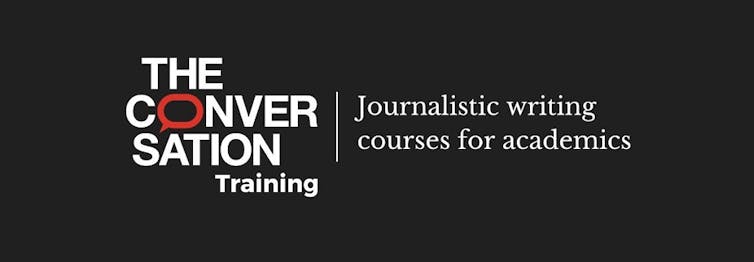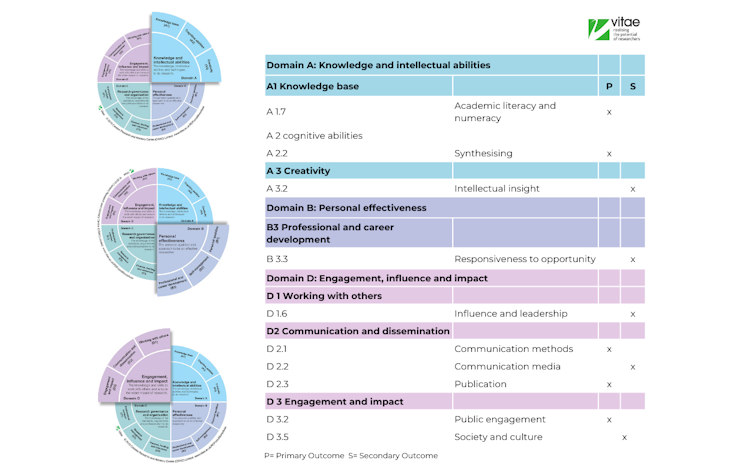
New in autumn 2023, The Conversation has launched four online training courses for academics,
which cover how to write in a journalistic way for non-specialist audiences, how to pitch ideas to editors, and how to write for Insights, our stream of long form articles.
These free online training courses are a member-only benefit to academics affiliated with The Conversation's member institutions.
However an introductory course explaining how The Conversation works is available to all.
To access the online training, go to https://theconversationuktraining.teachable.com, or click the image above.
You will need to register for an account on the training site and use this to enroll on courses (this is separate to any account registered on theconversation.com).



